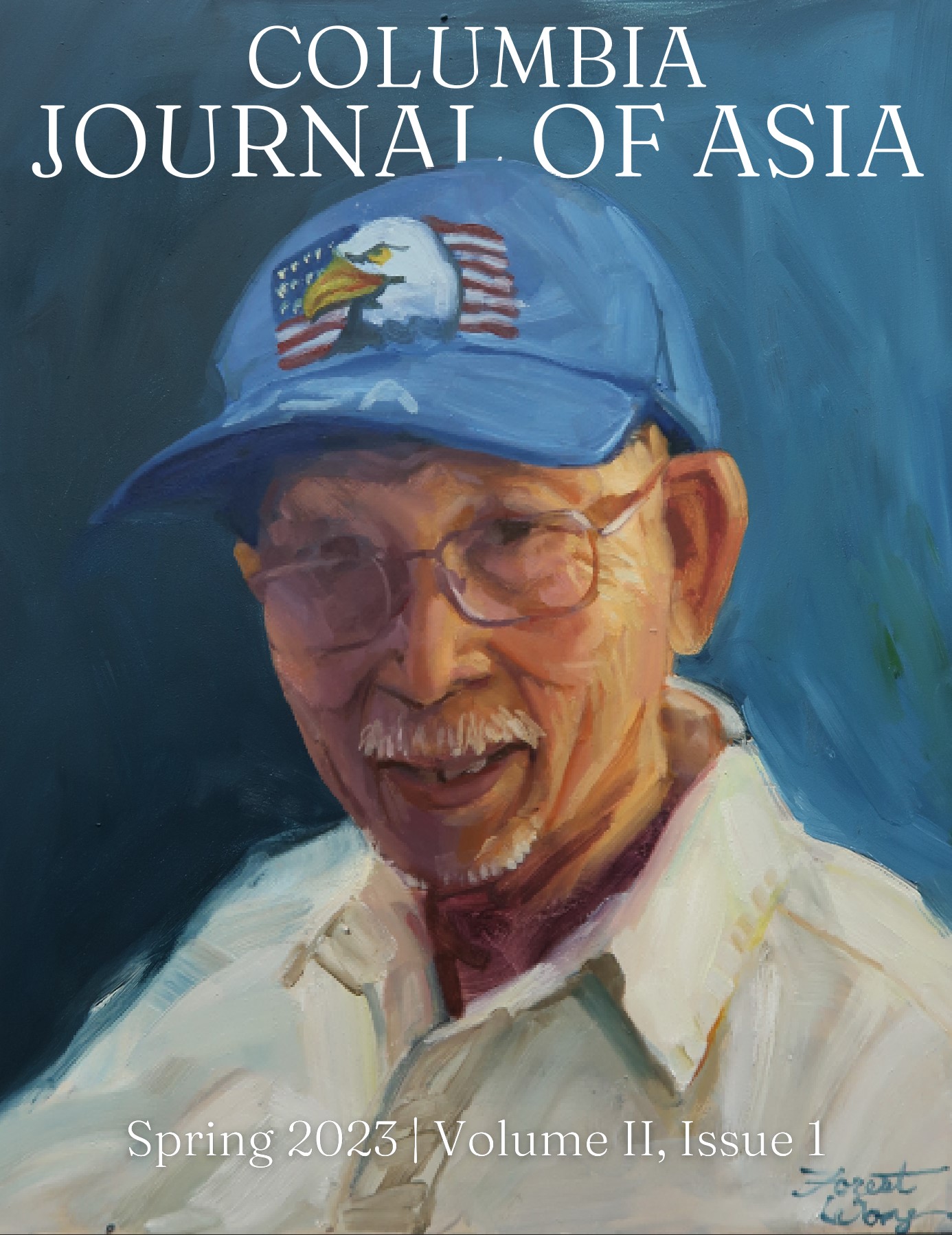Abstract
Using Anna Tsing’s much acclaimed monograph Friction: An Ethnography of Global Connection (2005), I attempt to sketch out a framework of “engaged universalism” in this essay. In opposition to the usual celebration of the universal as a powerful force, I argue that a theory of engaged universalism must simultaneously view the particular as powerful and the universal as contingent. Drawing on debates around area studies, cultural relativism, and transnational feminism, I explore the universal category of “Freedom”—understood in its liberal, emancipatory, Western formulation—to assert that every universal is, in the ultimate analysis, a particular. This acknowledgment opens up possibilities for the rearticulation of categories that currently “speak in the name of the universal” but are always already contingent.

